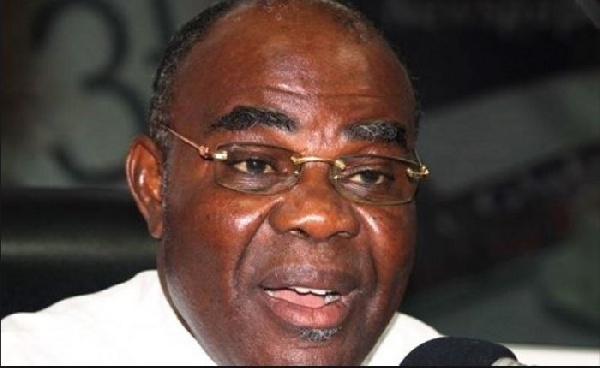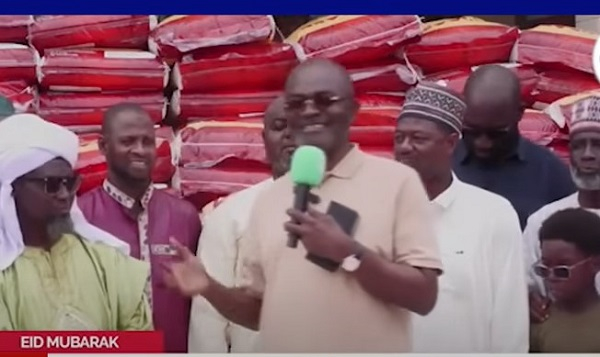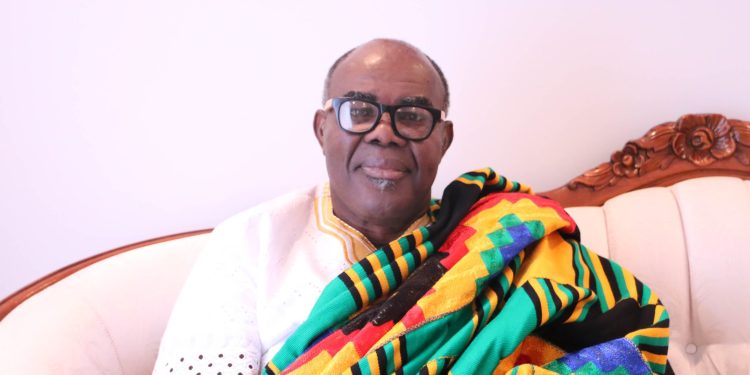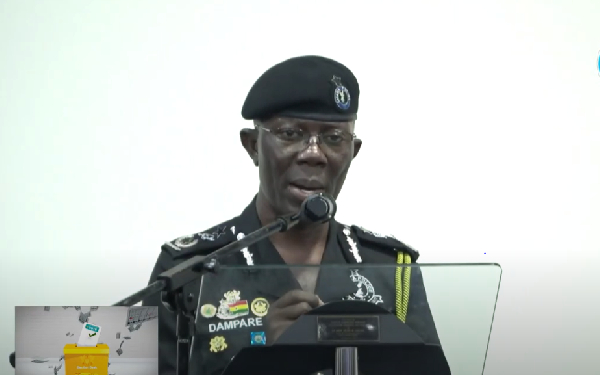Concerns Raised Over Chief Justice's Vulnerability and Removal Reports

Accra, Ghana - Recent discussions surrounding the potential removal of Chief Justice Gertrude Torkornoo have ignited debate within Ghana's legal and political spheres, highlighting concerns about misinformation, constitutional vulnerabilities, and the integrity of the judiciary.
Former Attorney General and Minister of Justice, Ayikoi Otoo, has cautioned against the spread of unreliable information concerning the ongoing process that could lead to the Chief Justice's removal. Speaking on Joy FM’s Newsfile, Otoo referenced past instances of false information being disseminated, questioning the veracity of current reports circulating in the public domain. He cited an example where false information, purportedly from the Office of the President, had been widely shared, only to be proven untrue. Otoo’s remarks underscore the need for careful scrutiny of information during this sensitive period.
Adding to the discourse, private legal practitioner Kwame Adofo has voiced significant concerns regarding the constitutional framework governing the removal of a Chief Justice. Speaking on The Forum on Asaase Radio, Adofo argued that the existing system leaves the head of the judiciary susceptible to undue political influence. He highlighted a critical distinction in the process: while the determination of a prima facie case for other Superior Court judges is left to judicial peers, the same determination for a Chief Justice rests in the hands of the President. Adofo warned that this arrangement poses a considerable risk to the judiciary's independence.
Adofo further elaborated on the composition of the committees involved in the removal process, noting that the Constitution requires three Justices of the Superior Court for an ordinary Superior Court judge's case, but only two for a Chief Justice. He questioned whether this discrepancy was intentional, potentially making the Chief Justice more vulnerable. Adofo cautioned that such a system could result in frequent changes in the Chief Justice position, driven by political agendas, and could lead judges to seek political favors. He ominously suggested that political interests may now dictate appointments to lead the judiciary, with each incoming administration potentially seeking to install its preferred candidate.
Manhyia South MP, Nana Agyei Baffour Awuah, has also entered the debate, expressing reservations about the decision to publicize the petition seeking Chief Justice Torkornoo's removal. Speaking on JoyNews’ Newsfile, the NPP legislator argued that publicizing the petition could undermine the judiciary's integrity and impartiality. He criticized the Presidency's handling of the matter, suggesting it could invite political interference. Awuah emphasized the need for confidentiality, especially in the early stages of such a constitutional process, to prevent politicization. He cautioned that prematurely exposing the process to the public could set a dangerous precedent, potentially leading to politically motivated targeting of judges.
These multifaceted concerns – misinformation, constitutional vulnerabilities, and potential political influence – highlight the complexities and sensitivities surrounding the ongoing debate about the Chief Justice's position, underscoring the critical importance of safeguarding the judiciary's integrity and independence.











